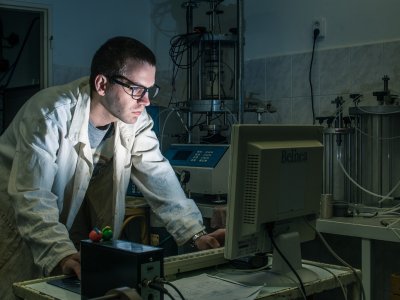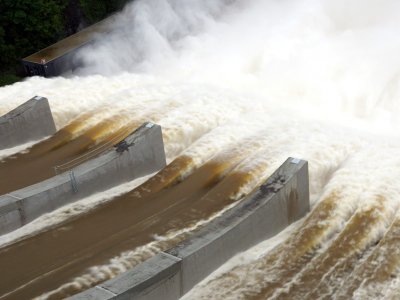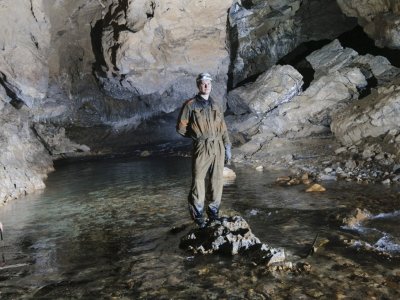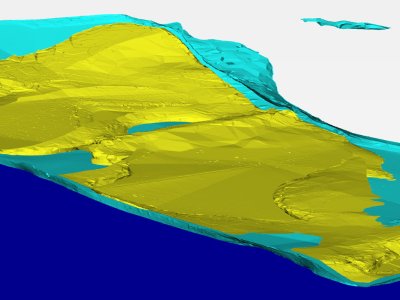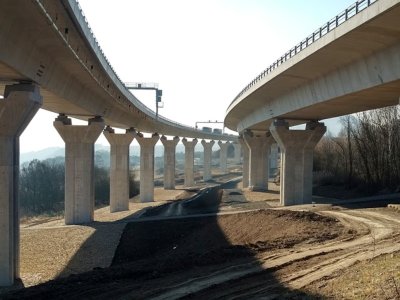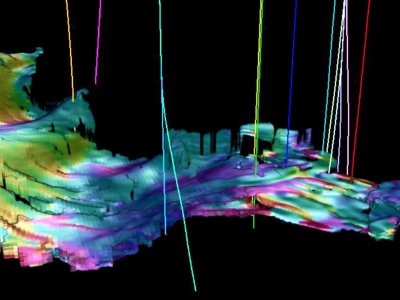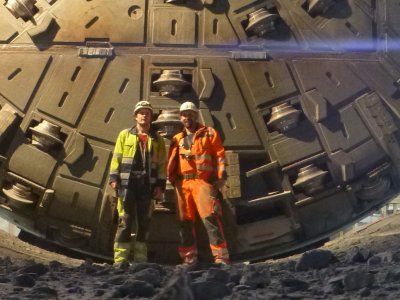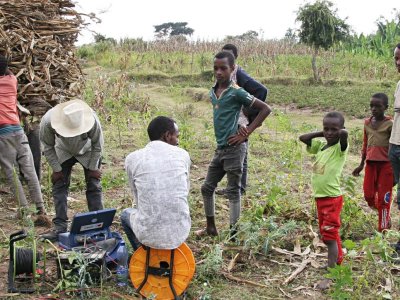Institute of Hydrogeology, Engineering Geology and Applied Geophysics
IHEGAG is one of the leading university institutes in the Czech Republic in the field of applied geology. The Institute consists of nearly 20 academic staff and over 20 researchers involved in hydrogeology, engineering geology, geotechnics, applied geophysics, and environmental protection. More than 600 specialists have been educated here in over 50 years of teaching applied geology at Charles University.
The Institute's research activities are wide-ranging and include a number of specific projects related to groundwater, civil engineering, environmental protection, natural hazards, natural resources exploitation, and the Earth's crust structure. Students' participation in research through independent work in the laboratory or in the field is a natural part of the entire study.
The Institute has the best equipped soil mechanics laboratory in the Czech Republic and an internationally registered radioisotope laboratory for determining the age of rocks, water, natural and archaeological samples using radiocarbon and tritium dating.
We cooperate with a number of institutions and companies, a non-exhaustive list of which is given here.
The Department of Hydrogeology, the Department of Engineering Geology, and the Department of Applied Geophysics were established in 1952. In 1994, these three units were merged into a joint institute. Among the important personalities of the departments were Prof. Rudolf Běhounek, Prof. Ota Hynie, Prof. Jan Šilar, and Prof. Jiří Škopek.
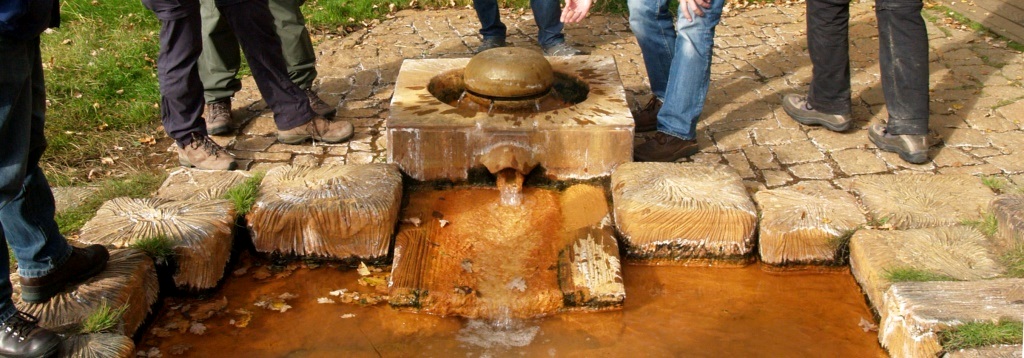
Hydrogeology
is a discipline that deals with the occurrence, origin, movement, and properties of groundwater, its use, and protection. Hydrogeologists are involved in the investigation of environmental pollution, the design and implementation of subsequent remediation measures, the search for and protection of drinking and mineral water sources, and other environmental tasks.
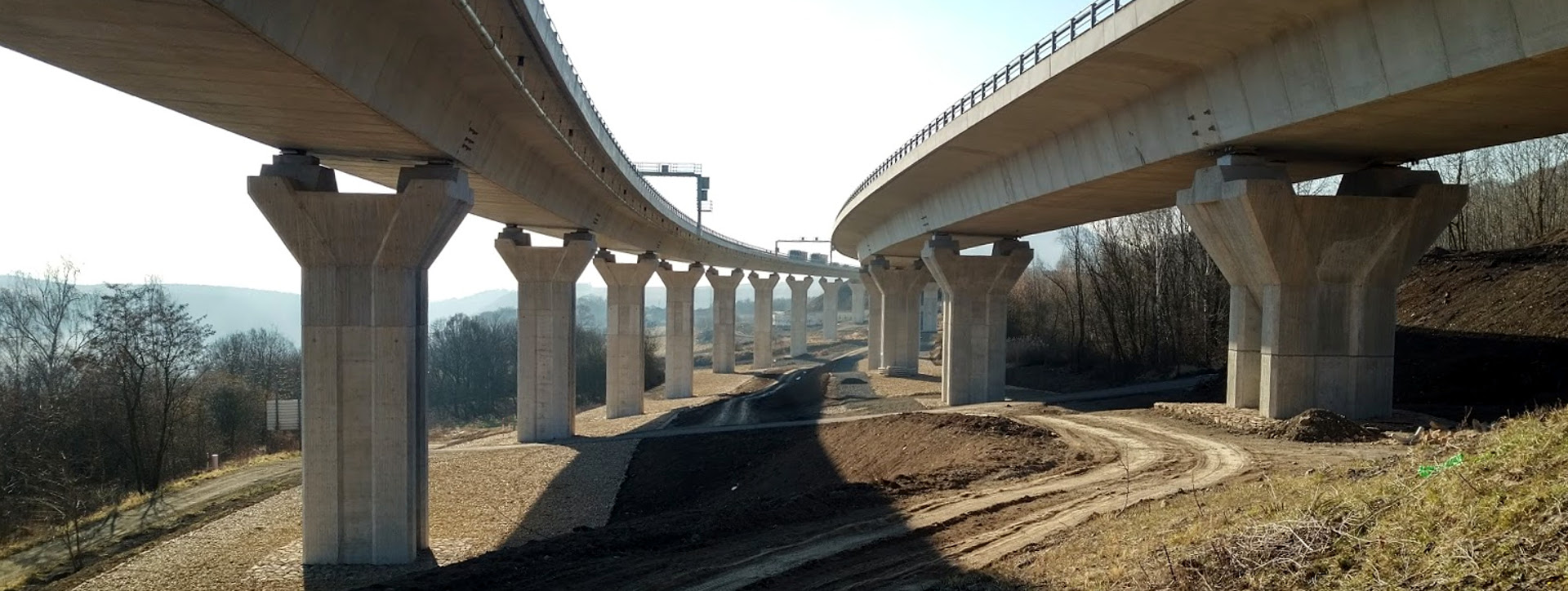
Engineering Geology
applies the knowledge of other geological disciplines in solving practical tasks, especially in construction and urban planning. It is a discipline at the crossroads of natural and engineering sciences. Engineering geologists are employed in surveys for some, especially more demanding types of construction (buildings, bridges, tunnels, dams, highways, etc.) and in their foundation, in the assessment of slope stability, and in proposals for the rehabilitation of unstable slopes. They also provide documents for regional planning and participate in the environmental impact assessment of buildings.
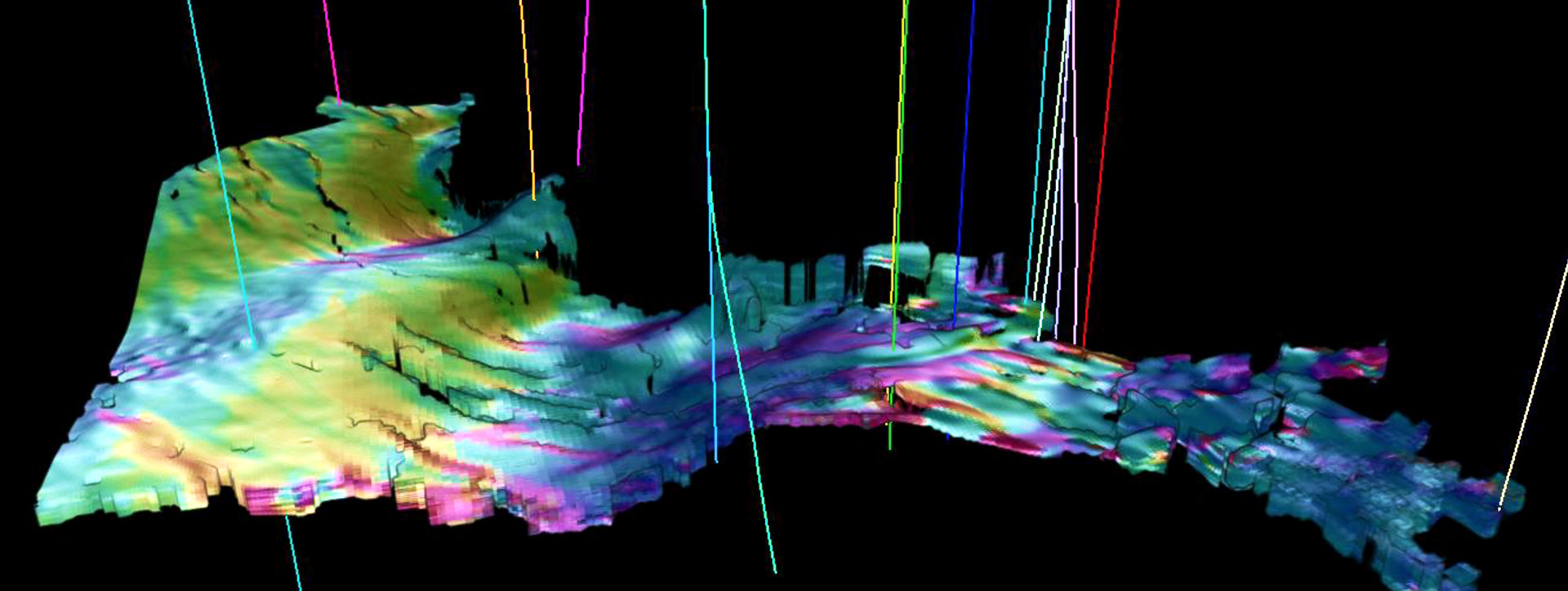
Applied Geophysics
is an applied science that uses measurements of natural and artificial physical fields to determine the structure, composition, and inhomogeneities of the rock environment for the purposes of basic geological research, geological mapping, mineral exploration, and environmental monitoring and assessment. Activities in the field of applied geophysics mainly include field and laboratory measurements using geophysical instruments, data processing and interpretation, as well as theoretical research.






















